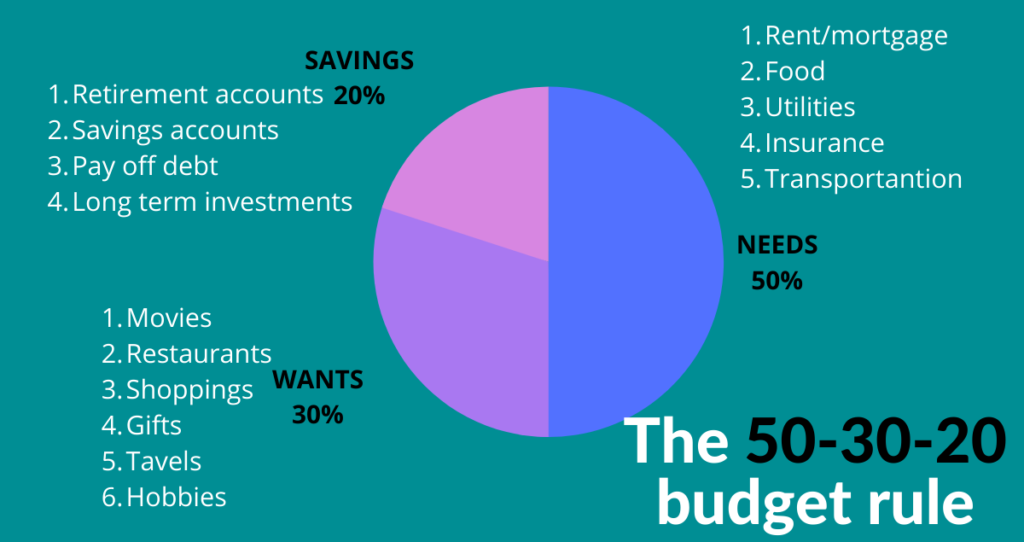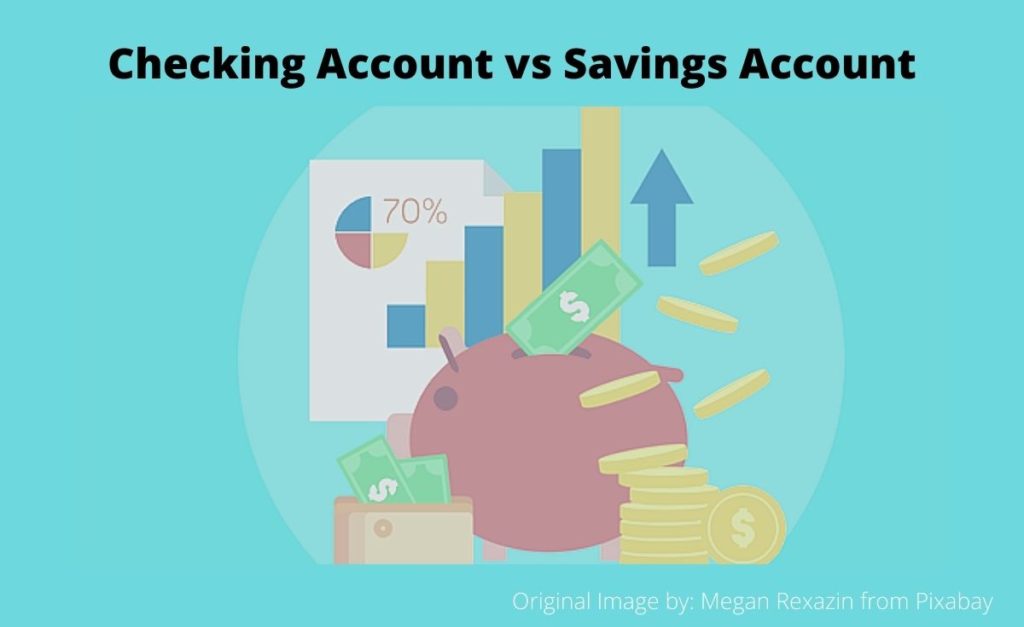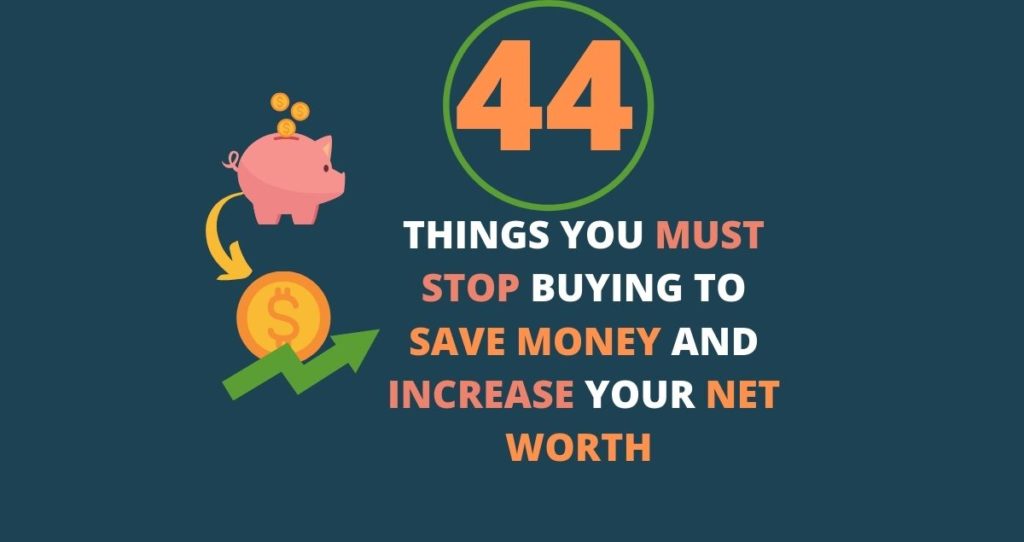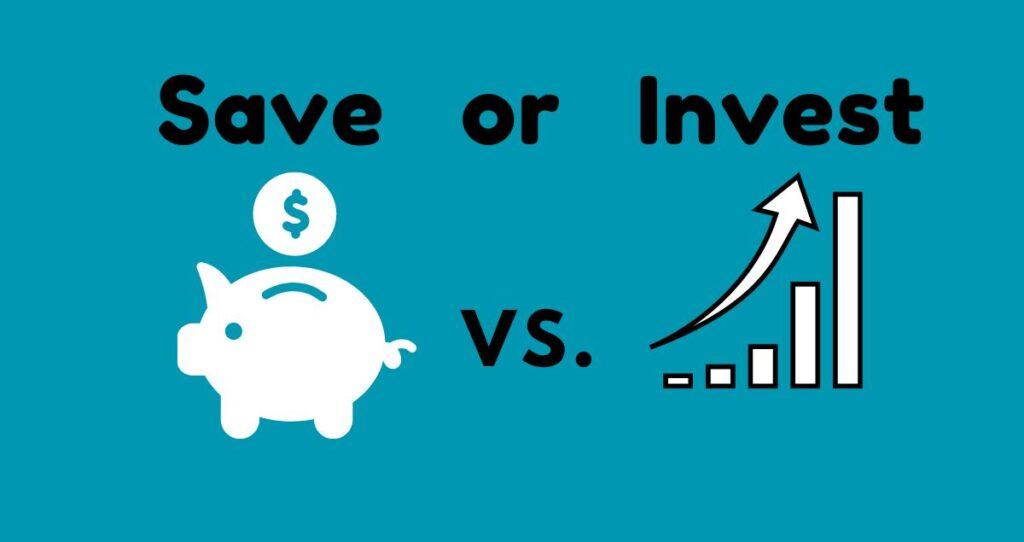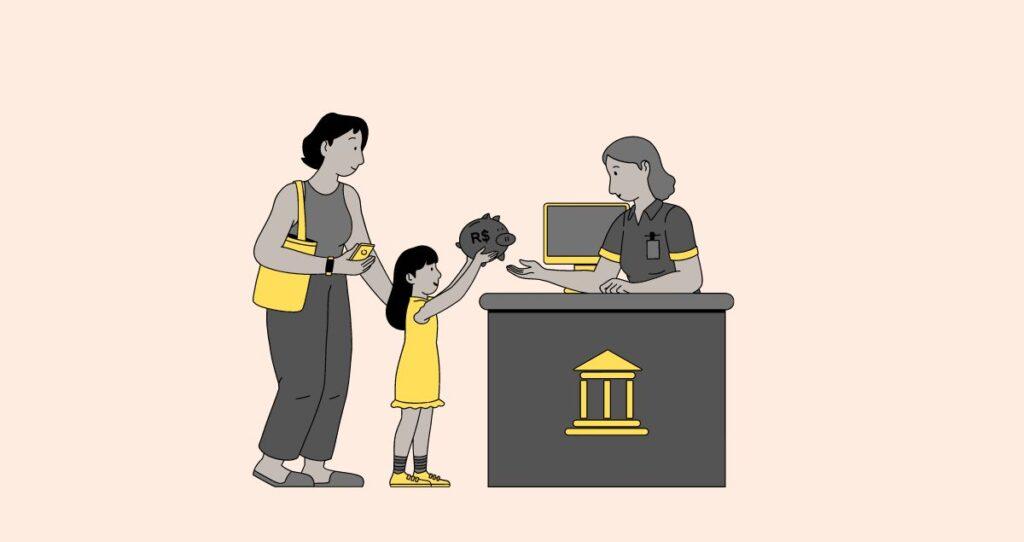Before a CD matures, it is essential to have a plan of what to do after your certificate of deposit term has ended. Even if you may have locked in a higher rate a few years ago, those rates might no longer apply after your CD’s maturity date. So, what happens when a CD matures? Should you cash out and take the money? Or, should you reinvest in another CD or explore some other options? This article will discuss the best course of action once your CD has matured, why you should not let your CD mature without a plan, and how to ensure great returns on your next investment options.
When your CD matures, you will typically have three options. (1) Cash out and get your money which you can reinvest in other alternative accounts, (2) reinvest your money in a different CD or renew your current one, (3) do nothing and let the bank renew your CD automatically. Each of these options has its pros and cons to how they affect your finances and portfolio moving forward. We will evaluate each of these options and how to decide which option is best for your unique financial situation.
What is a CD Maturity Date?
When you open a certificate of deposit, it comes with its term. That is why CDs are known as term deposits. What this means is that you agree to keep your money in the account for a given amount of time. The time you agree to keep your money locked away in a CD account becomes the term of your CD.
The date your term ends becomes your CD maturity date. In short, your CD maturity date is the date the term of your CD officially ends. For example, if you have a 12-month CD, the date this term ends will be the maturity date.
After your CD matures, you can either cash out, reinvest your money in a different CD with different terms or renew your current CD. If you don’t take action, the bank might renew your CD automatically.
How long is the grace period after a CD maturity date?
Just because your CD reached maturity, it does not mean you need to take action on the same day. This is because after your CD matures, you will be given a grace period. The grace period will allow you to decide what to do with your CD account after it matures. Typically, your CD grace period last anywhere between a week and two weeks, depending on the financial institution.
During this time, you have the option to:
- Withdraw your funds penalty-free or
- Make changes to your account, such as rolling over the CD into a new investment or renewing the same CD.
Your CD grace period should not be taken lightly, as it presents a valuable opportunity to reassess your financial situation and determine the best course of action for your funds.
If you decide to withdraw your funds during this period, make sure you have identified a suitable alternative for your investment. Alternative investments could be another CD at a higher rate or a different type of investment altogether.
However, if you do not take action during the grace period, your CD might automatically renew. The downside of this option is that you will run the risk of missing out on better opportunities. For this reason, it is essential to carefully review your options and make an informed decision before the grace period ends.
What happens when a CD matures?
Once your CD has matured, you will have several options to consider before the grace period ends. The following are three things to do after a CD matures.
1. Reinvest your money into another CD
Reinvesting your money gives you a chance to pick a higher interest rate, elect a different term such as long or short-term, and still keep your money safe while earning a decent return. This option is good for you if you don’t need access to your funds but still need to keep it safe. Before you open another CD account, however, compare different rates from different banks and credit unions. Just because you have been with your bank for a while, it does not mean it has the best CD terms and CD rates for your money.
Additionally, evaluate different types of CDs which include Jumbo CDs, Step-up/Bump-up, High-yield CDs, Liquid/No-penalty CDs, Traditional CDs, Callable CDs, and Add-on CDs. Each of these CD types comes with different terms, rates, and flexibility. Investing in the right CD will help you earn a great return on investment while meeting your financial needs.
You can also open a CD ladder which helps you open multiple CDs with different maturity dates. This option allows you to have access to your funds as those CDs mature over time.
2. Withdraw your funds and deposit them in a different account
If you no longer want to keep the money in a certificate of deposit or if you need flexibility with withdrawals, deposit the money in other accounts such as a savings account or money market account. You can also invest your money in alternative investments such as mutual funds, real estate, bonds, and stocks for ROI.
3. Do nothing and let the bank renew your CD automatically
Doing nothing after your CD matures, lets the bank renew your CD automatically. While this sounds like the most convenient thing to do with your money, it is not the best option. Automatic renewals of a CD can lead to potentially missing out on better returns and opportunities. Generally, banks renew your CD account for similar terms but with the current rates they are advertising. Meaning you could end up locking your money away while earning a meager return.
What choice is best for you?
Before you decide what to do with your money after a CD matures, carefully review your financial goals and needs. Consider factors such as interest rates, fees, and penalties before deciding. Also, taking the time to research and compare different options can help you maximize your returns and achieve your financial goals.
If you don’t need the money but also want to keep it safe, opening another CD or letting the bank renew it might be the best choice.
However, if you want better returns or want flexibility with your money, withdrawing your funds will be the best course of action after your Cd matures. For example, you can take the money out of your CD account and invest it in higher-return investments. You can also put your money in a savings account or checking account which offers more flexibility in terms of withdrawing and transferring.
How to maximize your returns on the next Investment after your CD matures?
One of the most significant impacts a matured CD can have on your financial goals is the potential loss of growth. If you simply let your CD renew automatically after maturity, you could miss out on higher interest rates or better investment opportunities. Alternatively, if you withdraw your funds without a plan, you could miss out on the potential to earn more money through interest or other types of investments.
To avoid missing out on potential growth, it’s important to have a plan in place. Before your CD matures, take the time to evaluate your financial goals and needs. Do your research ahead of time so that you will know what to do when your CD matures. Make a decision about whether to renew, withdraw, or rollover your CD after it matures.
Questions to answer before withdrawing money after your CD matures
- What I am going to do with the money?
- Am I interested more in high returns or low to no risk?
- What are other alternative investments to consider?
- Do these investments offer protections through FDIC or NCUA just like CDs?
- How I am going to manage my risks if my next investments do not guarantee the safety of my capital?
- Should I hire a financial advisor?
- How much return will I be getting on these new investments?
- Do I need long-term or short-term investments?
- Are these alternatives better than keeping the money in CD accounts?
Questions to answer before reinvesting your money into a new CD after the old one has matured
- Should I renew the same CD or open a different one?
- How much return I am getting compared to other CDs accounts?
- What are other banks and institutions with the best CD rates?
- What should be the term for my new CD?
- How much more money can I afford to put into my new CD account?
- What type of CD is best for me?
- What are my current and near-future financial needs?
What do you do with a CD after it matures?
Planning is everything when it comes to maximizing your yields. Depending on your financial goals and needs, you may want to renew the CD for another term, withdraw the funds, or roll over the balance into another investment product.
Renewing the CD can be a simple and convenient option if you are still satisfied with the interest rate and terms of the original CD. However, if you need the funds for an upcoming expense or investment opportunity, withdrawing the balance may be the best option. Rolling over the funds into another investment product, such as a new CD or a different type of account, can also be a smart move to continue growing your savings.
How do I cash in my CD at maturity?
If you need the funds for an upcoming expense or investment, withdrawing money after your CD matures may be the best choice. To cash in your CD, you’ll need to contact your financial institution and follow their procedures to withdraw the funds. Some institutions may allow you to do this online, while others may require you to visit a physical branch location or speak with a representative over the phone.
When considering cashing in your CD, make sure that is done during the grace period. Missing this window or taking early CD withdrawal may result in penalties and fees. This is why knowing your CD maturity date and the length of your grace period is essential in protecting your funds and ensuring maximum return on investment.
Can I add money to a CD when it matures?
Is your CD maturing soon and now wondering if you can add more money to your account when it matures? The short answer is yes you may add more money to your CD after maturity. However, it is extremely important to do it during the grace period after the maturity date which is typically 5 to 10 business days. This is because CDs are time deposit accounts-meaning the initial deposit is the primary investment and cannot be added to or withdrawn until the maturity date.
However, after your CD has matured, you will be given a grace period that allows you to decide what to do with your CD account. After your CD matures, you can either reinvest your money in a new CD, renew the old one, cash out, or let the bank renew it automatically. This grace period is also the opportunity to add more money to your CD account if you choose to do so.
The terms and conditions of your CD will also dictate details to adding funds into the account. So, review your terms or contact your financial institutions if you are not sure how to proceed.
Do CDs automatically roll over?
If you don’t decide what to do with your CD after it matures, your institution might roll over your Cd automatically. According to the Consumer Financial Protection Bureau(CFPB), your institution is required to give send you a written notice before your CD matures. The notice will have details as to when your current CD term ends, your grace period, and if the bank will renew it automatically.
While most banks and credit unions automatically renew your CD when you don’t tell them not to renew it, this isn’t always the case. For this reason, it’s important to understand your bank’s policies regarding CD renewals and to have a plan in place for what you want to do with your funds when the CD matures.
Some banks may automatically renew your CD for the same term, while others may offer you the option to renew for a different term length or to withdraw your funds without penalty. In some instances, banks may even offer a loyalty bonus or a higher interest rate for renewing your CD with them.
What happens if you don’t cash in a CD?
If you decide not to cash in your CD, your bank will likely renew your CD automatically for another term. While this may seem like a convenient option, it’s important to remember that the interest rate may not be the same as your original CD and could be lower or higher due to the current market.
Additionally, if you don’t have a plan in place for your CD that is about to mature, you may miss out on potential opportunities to achieve your financial goals. For example, you could be missing out on higher interest rates elsewhere or other investment opportunities that align better with your long-term strategy.
How long can you leave money on a CD?
When it comes to investing in a CD, one important factor to consider is the length of time you plan to leave your money in the account. CD terms can range anywhere from a few months to several years, with varying interest rates associated with each term length. Typically, the longer the CD term, the more money you earn through interest and compounding effect.
Here are a few options to consider when deciding how long to keep your money in a CD account.
- For short-term investment options. A CD with a term of six months to a year may be a good fit. This allows you to earn a higher interest rate than you would with a traditional savings account, while still having access to your funds in the relatively near future.
- For long-term financial goals. If you are interested in long-term saving goals such as saving for retirement or your child’s education, a CD with a term of five years or more may be more appropriate. While you won’t have access to your funds for an extended period of time, a long-term CD will come with a higher APY, potentially resulting in greater returns.
Should I take my money out of a CD before it matures?
Before making any financial decision, it’s important to weigh the potential benefits and drawbacks. The same goes for CDs. While they can offer a guaranteed rate of return and low-risk investment option, you may pay a penalty for withdrawing your funds before the end of the term.
With that being said, should you take your money out of a CD? The answer depends on your individual financial goals.
When does it make sense to withdraw money from a CD account before maturity?
If you need the funds for an emergency or upcoming expense, it may be necessary to withdraw them and accept the penalty instead of taking out a high-interest loan. It might also make sense to withdraw money and put it in investments with high potential. For example, if you have a CD that is earning you 0.1% and rates have grown to 2.5%, it might be wise to liquidate your CD and invest in a High-yield CD account or alternative investments.
Additionally, it will be wise to take money out of your CD early to pay off high-interest loans such as credit card debts, car loans, and personal loans. This is because while you will be earning 0.5% on your CD account, the loans will be costing you as much as 20%+ annual percentage rate(APR). At this point, keeping your money in a CD account would not make any financial sense.
However, if you have other sources of funds available and can wait until the end of the term, it will be beneficial to let your CD matures before cashing out. When opening a CD account, also look into no-penalty CDs which allow you to make early CD withdrawals penalty-free. Keep in mind that these CDs come with relatively lower rates compared to traditional CDs.
Related: Early CD withdrawal penalty: What you need to know
Is it better to put money in a CD or savings account?
When considering where to deposit your money, it’s important to think about what your financial goals are and what type of account can help you meet them. CDs and savings accounts are both popular options, but they have different features that appeal to different investors.
One benefit of CDs is that they typically offer higher interest rates than savings accounts. This can be advantageous for people who are looking for a low-risk way to earn a decent return on their money. However, CDs typically require a minimum deposit and have penalties for early withdrawal, which can limit your access to your funds.
Learn about early CD withdrawal penalties: What are Early CD withdrawal penalties?
Savings accounts, on the other hand, offer more flexibility and accessibility. Most savings accounts allow you to make up to 6 withdrawals and transfers in a month without penalty. Additionally, there’s generally no minimum deposit required to open an account. However, savings accounts typically have lower interest rates than CDs, which means your returns may not be as significant.
Open a CD if you,
- Don’t need access to your funds
- Prefer a higher rate of returns
- Have enough required deposit
- Need the safety of your money and a guarantee of your returns through a fixed APY and FDIC or NCUA insurance
Open a savings account if you,
- Need access to your funds for emergencies, transfers and withdrawals, and short-term saving goals
- Don’t mind having a much lower return on investment
- Don’t have enough deposit
- Need the safety of your money and a guarantee of your returns through a fixed APY and insurance from FDIC or NCUA.
Is your money protected in a CD?
Due to the relatively low return on investment from CD accounts, it is essential to ensure the full protection of your money. Fortunately, CDs offered by credit unions and banks are insured up to a limited amount.
Certificates of deposit from banks are insured by the Federal Deposit Insurance Corporation(FDIC) up to $250,000 per depositor and per account. On the other hand, CDs offered by credit unions are insured by the National Credit Union Administration(NCUA) for up the $250,000, per depositor and per account. For joint accounts, the coverage limit is doubled.
The bottom line
Before your CD matures, it’s important to have a plan to ensure that you’re making the most of your investment. Whether you choose to renew your CD, roll it over into a different account, or withdraw your funds, make sure you’re doing what’s best for your financial situation. Don’t let the bank decide for you or let the money sit idle without earning you potential returns.

